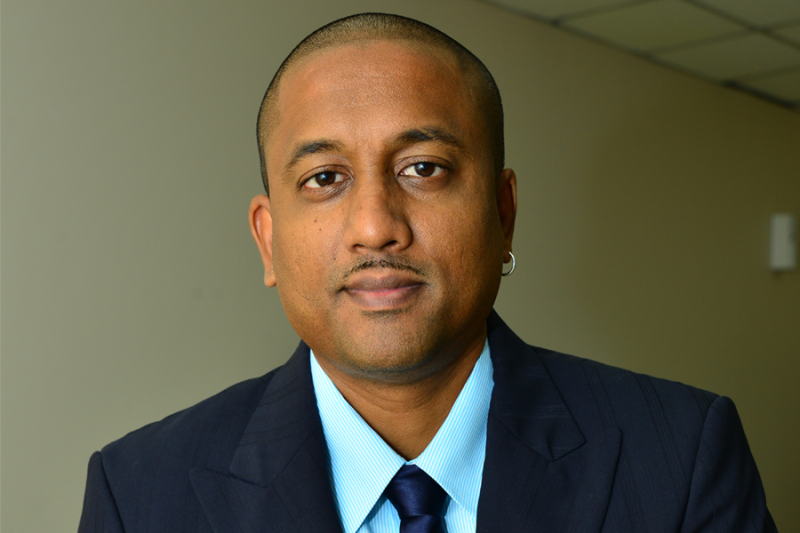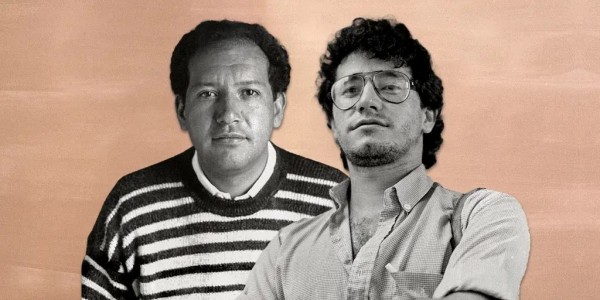The International Press Institute (IPI) today condemned recent threats against Trinidad and Tobago journalist Mark Bassant that led the reporter to leave the country last week in fear for his life.
On May 22, Bassant, a senior investigative reporter for the Caribbean Communications Network, Channel 6 (CCN TV6), released a video on the network stating that he had received a call from what he called “a very reliable underworld source” on May 7 advising him that criminal entities wanted to harm him.
Later in the week following the initial threat, Bassant reported in the video, he met with another source who confirmed face to face that a €2,000-hit had been ordered against him. Bassant reported the threat to a member of the national security services, who reportedly confirmed that the threat was imminent and advised the journalist to arrange around the clock security.
In an effort to ensure his safety, Bassant said, he decided to leave Trinidad.
“I move from location to location just to have peace of mind,” Bassant explained in the video released by CCN TV6 late last week. “This has me angry that journalists who work on behalf of people can be threatened like this. But I remain passionate to the cause of uncovering the wrongdoers.”
IPI urged authorities in Trinidad and Tobago to take immediate steps to ensure that Bassant and other journalists can cover important developments in the country without fear of retaliation.
“We condemn the threats made against Mr. Bassant, which have highlighted the dangers that journalists face when attempting to reveal information that is in the public interest, even in a country like Trinidad and Tobago, where this form of harassment is unusual” IPI Executive Director Alison Bethel McKenzie said in a statement today. “We urge the authorities to fully investigate these threats and bring the perpetrators to justice, thereby ensuring that press freedom in Trinidad and Tobago is upheld and that courageous journalists, like Mr. Bassant, can carry out their work.”
IPI’s regional partner, the Association of Caribbean Media Workers (ACM), also shared its alarm concerning the Bassant case.
“The ACM continues to be very concerned about Mark’s safety and well-being,” Wesley Gibbings, ACM’s general secretary, told IPI today. “We hope that state security has accorded this high priority and that the perpetrators are brought to justice within a short space of time. We also call on all sectors of civil society to stand up in defence of press freedom and for the value of the work of journalists throughout the Caribbean.”
Media enjoy a high degree of freedom in Trinidad and Tobago, where IPI has been carrying out a campaign to abolish criminal defamation laws for more than two years. Nevertheless, harassment against journalists is not entirely unknown on the Caribbean island. Last March, according to local sources, a female reporter was accused by a government official of treason for publishing information critical of the government.
Although the journalist has not been formally charged with treason, a charge that carries the death penalty, IPI has joined journalists in Trinidad in expressing concern over this type of harassment, which almost inevitably leads to self-censorship among journalists.



